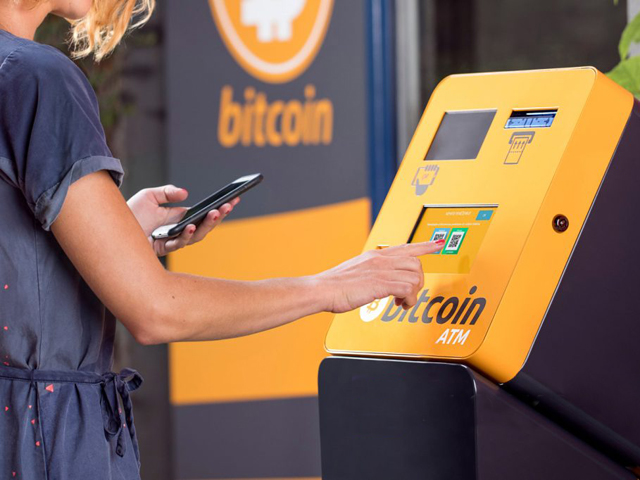The Legal and Regulatory Landscape for Bitcoin ATMs Around the World
Bitcoin ATMs have become increasingly popular over the years, with thousands of machines now installed around the world. These machines make it easy for people to buy and sell Bitcoin, with many offering the ability to purchase other cryptocurrencies as well. However, as with any emerging technology, the legal and regulatory landscape for Bitcoin ATMs can be complex and vary significantly from country to country.
In the United States, Bitcoin ATMs are generally regulated as money services businesses (MSBs) by the Financial Crimes Enforcement Network (FinCEN). This means that Bitcoin ATM operators must comply with the Bank Secrecy Act (BSA) and Anti-Money Laundering (AML) regulations, including reporting suspicious activity and keeping accurate records.
Additionally, some states have implemented their own regulations for Bitcoin ATMs. For example, New York’s BitLicense requires companies to obtain a license before operating a Bitcoin ATM in the state. Other states, such as Texas and California, have implemented more lenient regulations for Bitcoin ATMs, making it easier for operators to start and run their businesses.
In Canada, Bitcoin ATMs are regulated by the Financial Transactions and Reports Analysis Centre of Canada (FINTRAC) under the Proceeds of Crime (Money Laundering) and Terrorist Financing Act. Operators must register with FINTRAC and comply with AML and counter-terrorist financing (CTF) regulations.
In Europe, the regulatory landscape for Bitcoin ATMs can be more complex due to the varying regulations across different countries. Some countries, such as Switzerland and Austria, have implemented more lenient regulations for Bitcoin ATMs, while others, such as Germany, have stricter regulations.
In Asia, Bitcoin ATMs are becoming increasingly popular, with Japan being one of the early adopters of the technology. In Japan, Bitcoin ATMs are regulated as virtual currency exchange businesses and must register with the Financial Services Agency (FSA). In other countries, such as China, Bitcoin ATMs are not allowed to operate due to government restrictions on cryptocurrencies.
It’s worth noting that the legal and regulatory landscape for Bitcoin ATM Moreno valley is constantly evolving as governments around the world grapple with the emerging technology. For example, in the United States, a proposed rule by the Treasury Department’s Financial Crimes Enforcement Network would require operators to collect customer information for transactions over $3,000. This has been met with pushback from the Bitcoin ATM industry, which argues that such regulations could stifle innovation and make it harder for people to access cryptocurrencies.
The legal and regulatory landscape for Bitcoin ATMs around the world is complex and constantly evolving. While some countries have implemented lenient regulations, others have stricter rules or even outright bans on Bitcoin ATMs. As the technology continues to evolve, it will be interesting to see how governments around the world adapt and regulate this emerging industry.
